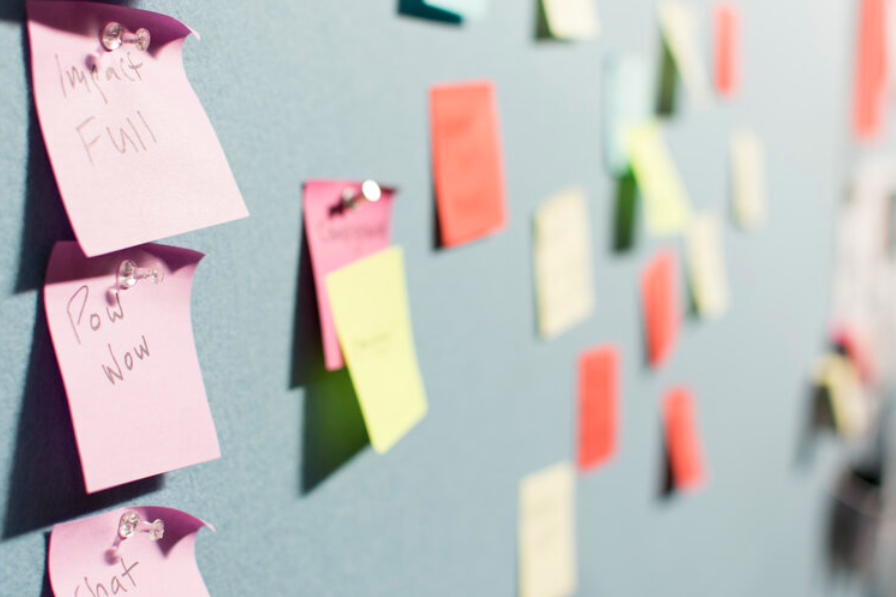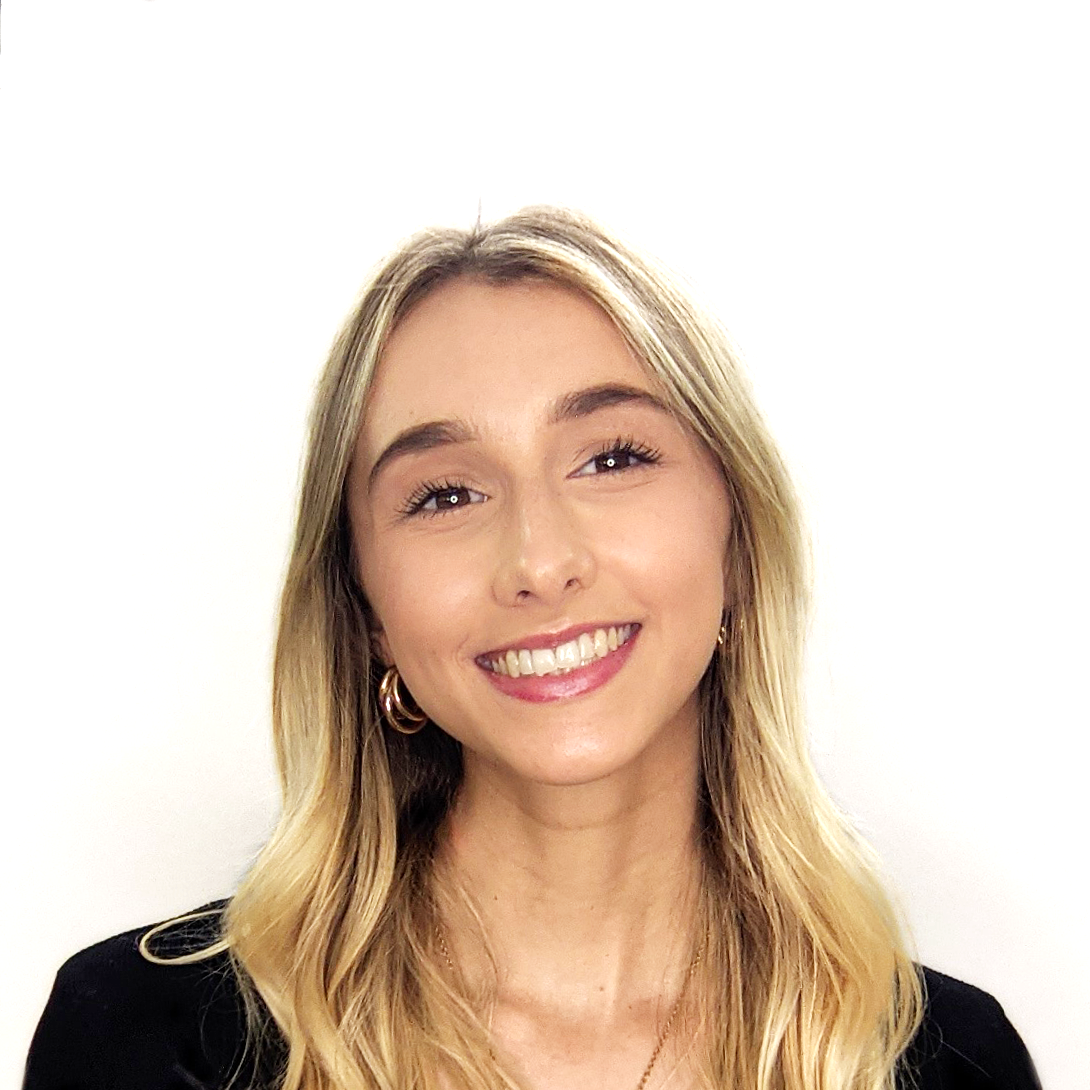This discussion from EventLAB Online Part 1 was all about the effects remote working may have on productivity, new practices businesses are adopting and barriers to progress.
The expert panel was made up of Tushar Agarwal, CEO & Co-Founder, HubbleHQ, Steve Austen-Brown, Creative Director, Avantgarde and Hire Space Co-Founder Edward Poland. Nikki Clare, Head of Events & Client Service at Hearst Live was also due to join the panel but unfortunately was unwell. However, Nikki has weighed in on the panel questions which are towards the end of this article.
Key Takeaways
Objective measures for productivity and creativity
So what impact does remote working have on productivity and creativity? It depends on who you ask! A survey ran by HubbleHQ found that the majority of employees reported feeling more productive working from home, but many employers didn’t feel the same way.
This disparity is partly due to managers not being able to measure productivity accurately. For example, for managers who measure productivity by attendance, or amount of hours logged online, naturally, they might assume productivity has dropped. Whereas those who measure productivity more objectively by means of hitting a target are likely to get a more accurate measure and have actually seen that productivity has increased over the past 6 months.
Trust is therefore really important when working remotely. Employers should ensure their employees have the tools, confidence and support to decide how they want to work in order to be the most productive and creative they can be.

New practices of measuring productivity
As organisations have had to respond and adapt quickly to the changing world and government guidance, reviewing your individual employees objectives on a quarterly basis can be too frequent and not reflective of how the company is evolving. Tushar suggests reviewing targets/objectives every 6 weeks as opposed to quarterly.
Steve also has had to tweak certain things and be flexible with objectives, time-frames and results. The ways of communicating pre-pandemic were innate for his creative team, so changes and new practices were essential to keep working as productively and creatively as possible during these times.
Keeping the team together
It’s important to remind the team and the whole company that the fundamental goal is the same - as eventprofs we tell stories. Once we remember that we’re still doing this, and just finding different ways to do it, it makes it more fun and inspiring to test different methods and outputs. It’s important to keep your company identity.
For Tushar, the feeling of belonging is the most important here. A lot of people join a company because they feel a sense of belonging, and this is strengthened when you’re next to each other in-person in an office. When remote working, this sense of belonging becomes a little less powerful, which is one of the core challenges that businesses are facing currently.
Keeping positive and keeping as a tight-knit unit is crucial. However, employees also have a lot more time to just stop and think when they’re working on their own, which can inspire creativity and even make them more focused than in an office scenario. Steve suggests allowing people to have this time to think, but then working out ways of bringing people together too so the sense of belonging is retained. One simple way to do this is to keep an office open but not share it between different teams, but instead by projects. This means individuals from different teams come together on a given day and have the chance to interact and brainstorm.
The best communication tools
Tushar recommends using Notion, as it’s handy for communicating company or departmental updates and allowing employees to ask questions back on the same platform. This enforces a discipline around reading, writing and leveraging the benefits of remote work. He adds that CharlieHR is great for managing HR processes, and Miro is great for encouraging creative brainstorming while on calls with team members.
Steve recommends collaborative tool Mural, as well as having channels for inspiration and ideas in your day-to-day communication tool, such as Slack or Microsoft Teams.

Make sure you switch off
Making the separation between work and home is really important. Steve recommends ‘walking to work’ - get out of the house in the morning for half an hour then come back home and start the working day. This helps with mental preparation and gets some fresh air in your lungs too. He also suggests reading to switch off and step away from the screen.
Many people struggle with their mental health while working from home. To help with this, some companies, such as HubbleHQ, have introduced weekly one-to-ones between employees and employers to provide extra support and have the chance to talk about mental health or anything that’s on their mind. Working from a co-working space is also a great way to have a change of scenery and get out of the house.

Q&A
Do you set individual goals for team members for a period of time, and do they still link to the wider appraisal approach within the company?
Tushar’s answer is a little bit of both! It depends on the team. For example, the tech team each has their own OKR’s, their own part to play to reach a specific goal, maybe launching a new product. But for the marketing team, it may be much more about their individual targets and roles. So, the answer is to take it case by case as it’s not one size fits all!
To learn more about OKR’s, you can read this article or watch this video to learn more.
Do we need to recreate the ‘water cooler’ chat and how do we do it?
The thing about the water cooler moment is that it just happens! So rather than trying to recreate it, Steve advises maybe just waiting and seeing if it just happens as it would in real office life. Otherwise, it may feel forced and won’t get off the ground. It’s not something you should organise, let people gravitate naturally and find their own ways to communicate with one another.
Tushar agrees that no one enjoys forced fun, so instead create the opportunities for it and make it completely optional. He adds that at HubbleHQ, they enjoy something called Fika, a Swedish concept which translates into ‘coffee and cake’. This allows everyone to just put down what they’re doing, take half an hour for coffee and cake and just have a chat.
Should we be getting used to managing teams that aren’t always city-centric? Are we going to have to adjust our leadership cultures to complement this?
The move from city-centric teams is a big change that we’ve seen throughout 2020, which Steve suggests will likely continue for years to come. Living in cities like London is cyclical, and individuals have certainly moved out of cities this year and perhaps preferred living and working this way, and intend to post-pandemic too. So it’s certainly something that we’ll all have to consider and adapt to.
Tushar adds that there will be a mix of where your employees prefer to work from and in response organisations and businesses must be flexible. It will depend on how strong your centre of gravity is towards your HQ and how much you want people to engage with that.
How do you motivate yourselves as well as your teams?
Steve enjoys being able to go back to looking at that core story-telling capability and so to see how adaptable user experience and journey truly is, it’s exciting to learn new things and find new ways to tell those stories. It’s also about finding ways to reward not just the team, but yourself too.
Tushar adds that for him he is motivated by this new challenge of navigating and creating the future. On a more practical level, it’s about rituals. Establishing more stability and bringing back some of those rituals such as a set bedtime, specific days for going to the gym etc are easy ways to establish more of a routine and looking after ourselves emotionally and physically.
The following are Nikki Clare’s answers to the panel questions:
Are businesses adopting new practices in the way they manage collaborative work?
Absolutely, with the requirement for us to all work from home where we can we have had to adapt to a whole new way of working. Whilst at Hearst we were already embracing agile working, the last nine months have taken that to a new level! We have relied heavily on technology to allow us to collaborate effectively. We utilise Microsoft Teams to allow us to still collaborate and bring that in-person feeling to the teams.
The key learning we have taken is that in the absence of the physical presence and collaboration of an office, over-communication is key to ensure that all the right stakeholders are aware of activity and updates.
What do you think the future of creative work looks like?
I think we will continue to use technology to support creative work and I believe we will see more and more tools and systems that will better enable this.
How has goal setting and review changed?
It has been much harder to set goals initially as we were pivot and learning a whole new skill set as we transitioned from physical events to virtual. However, now we have got into our stride with it all we are at a stage where we can create much clearer objectives and KPI’s both for the events themselves but also the team individually. I have found that I have more regular but shorter catch-ups with my team now so that we can all keep abreast of any updates. The team have also all upskilled themselves over this time period so original objectives that were set were specific to physical events.
About The Speakers
Tushar Agarwal, CEO & Co-Founder, HubbleHQ

Steve Austen-Brown, Creative Director, Avantgarde
Steve has been part of the team at Avantgarde for nearly a decade in the role of Creative Director. Steve originally trained as an architect before moving into museum exhibition. He has become an expert in creating interactive and experiential environments and has a passion for creating memorable experiences from concept to realisation through strong narratives and stories that define the consumer journey.

Nikki Clare, Head of Events & Client Service, Hearst Live
Nikki is Head of Events and Client Service for Hearst UK’s events division – Hearst Live. Hearst UK publishes 23 brands including Esquire, ELLE, Harper’s Bazaar, Cosmopolitan and Good Housekeeping. The events business connects with over a million people a year through events such as Bazaar At Work Summit, Country Living Fairs, Esquire Townhouse and Red Smart Women Week.

Edward Poland, Co-Founder, Hire Space
Edward Poland is co-founder of hirespace.com, and responsible for brand, marketing and communications. Hire Space features 4000+ venues and is the go-to venue resource for the events industry, with a brand reach of over a million people a month. Previously, Ed worked as a speechwriter for UNESCO and a campaign manager for the Labour Party.

Need help with your virtual events? Our Virtual Event Experts work with you to source the best packages for your event, meaning we’re your one-stop-shop for virtual events, whether it’s a conference, party or anything in between. Book your free consultation below.
Author

Izzie Lachecki
Izzie brings a deep understanding of the events world to Hire Space, and keeps busy by writing lots of Hire Space and EventLAB content and managing the Hire Space social media presence.


